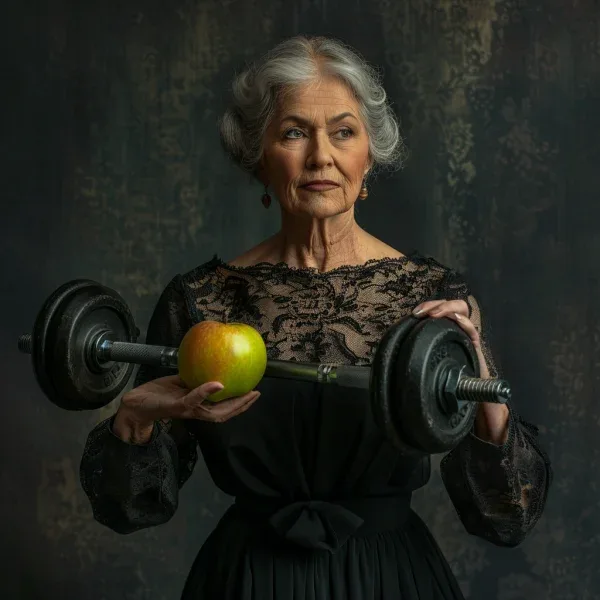by Clarissa Hartley

Looking older or younger than your actual age is not solely defined by your genetics. A wide array of factors accelerate the aging process, making us appear and feel older than our years. Notably, the speed at which physical signs of aging appear is not pre-determined. The rate is influenced by both biological ‘intrinsic’ programming and external ‘extrinsic’ elements. The brighter side is that extensive scientific research confirms the extent of our control over this process.
Studies from global institutions indicate that longevity isn’t just passed down through our genes—it’s mainly the outcome of our habits. Small lifestyle changes, regular physical activity, moderate alcohol intake, and a no-smoking policy can add up to 14 years to our lives. Here, we’ve identified the seven main contributors to premature skin aging that you must keep on your radar:
1. Sedentary Lifestyle
Indulging in regular exercise is one of the most potent preventive measures against premature aging. Physical activity not only guards us against many age-related diseases like cardiovascular diseases, dementia, and osteoporosis but also enhances circulation to keep the skin glowing and the body agile. Exercise further strengthens our skeletal system and improves digestion.
2. Poor Diet
Eating healthy is fundamental for maintaining body weight and preventing age-related diseases. Besides, research reveals that the right kind of diet can do wonders for our skin. Opting for antioxidant-rich fruits and vegetables helps negate the harms of free radicals whereas consuming plenty of water and healthy fats keeps our skin hydrated and filled out. On the other hand, too much saturated fat and sugary foods can overtax our organs and diminish our skin’s vitality.
3. Smoking
Smoking negatively affects the overall health and the skin, leading to a dull and dehydrated skin texture. It also generates wrinkles around the mouth and can make you appear much older than your chronological age. Internally, it interferes with bone renewal, hampers respiratory health, and increases the chances of dental issues.
4. Sun Exposure
Excessive sun exposure, despite its vitamin D benefits, causes unwanted skin aging, including age spots, wrinkles, pigmentation, and loss of elasticity. But with wise sun habits, these harmful effects can be largely avoided.
5. Stress
Chronic stress not only affects mental health but also has tangible physical impacts. It can disrupt sleep patterns, weaken the immune system, increase blood pressure and cause weight gain. Further, anxiety can lead to early greying and thinning of hair.
6. Alcohol
Excessive, long-term consumption of alcohol can lead to numerous health problems, including liver diseases and heart issues. It can dehydrate the skin, damage elasticity, and give the complexion a reddened appearance.
7. Pollution
Airborne pollutants bombard us daily from various sources, affecting both our respiratory health and our skin. Increased concentration of particulate pollution has been linked to extrinsic skin aging, especially pigment spots on the forehead and cheeks.
It is essential to show resistance against these culprits of premature aging. Aim for a balanced lifestyle, a diet rich in antioxidants, and an active exercise routine. Together, these will serve as your ultimate anti-aging armament.
slow down skin aging, ways to slow down aging, anti-aging tips, premature aging causes, reducing premature aging, lifestyle and aging, aging gracefully, benefits of exercise on aging, role of diet in aging, harmful effects of smoking on aging, sun exposure and skin aging, effects of stress on aging, alcohol consumption and aging, pollution and skin aging
Leave a Reply